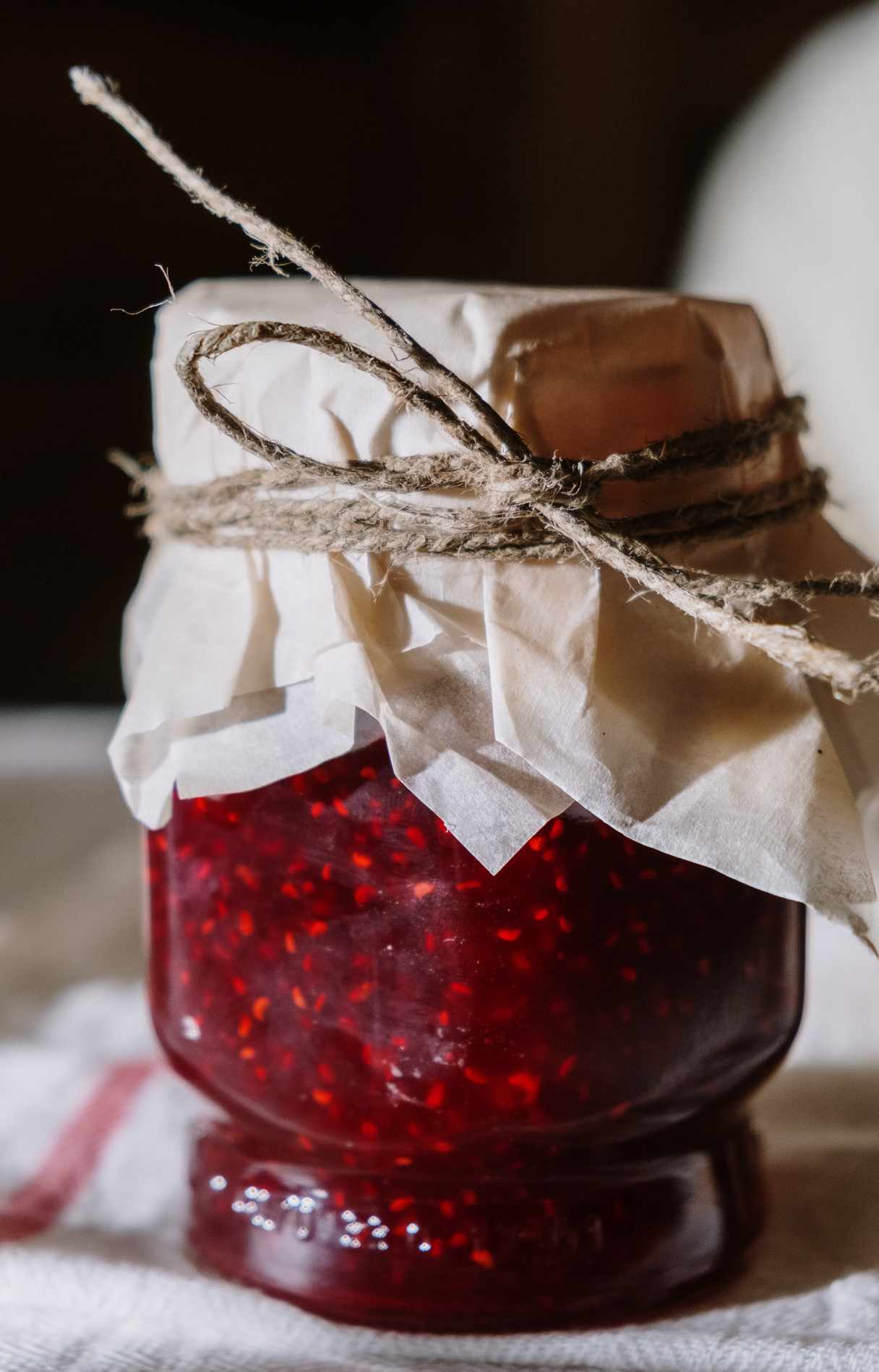Preservatives – natural or artificial?
Preservatives are chemicals or substances which, when present in food or cosmetics, prevent decomposition caused by microorganisms or chemical changes.
It is a knowledge to associate preservatives with “E-list chemicals” and, for that specific reason, they seem undesired, at most barely tolerated additives to otherwise healthy products. Apparently, preservatives have been used for thousands of years. Until the 19th century, they were mostly natural ones - like sugar, salt, vinegar and smoking meat.
Since then the food industry has developed a range of chemicals, as well as food processing methods (i.e. dehydration, refrigeration, pasteurization and irradiation) that help to prevent food degradation.
At the same time, many natural substances have been anew identified as preservatives. These include antioxidants (i.e. vitamins C and E), lactid acid, citric acid as well as rosemary and oregano extract, hops, salt, sugar, vinegar, alcohol, diatomaceous earth and castor oil. More recently essential oils derived from plants, enzymes obtained from animal sources, bacteriocins from microbial sources, organic acids, and naturally occurring polymers (chitosan) have been used in different food industries.
It is not yet fully known how preservatives influence human microbiota. Studies have shown that inhibiting growth of key microorganisms may lead to disruption in microbiome composition and result in asthma, allergies, many atopic and autoimmune diseases, gut inflammation and Crohn disease. In spite of that, we cannot simply stop preserving food.
Yet it seems safe to assume that natural preservatives bear less health risks. They have been present in human diet for thousands of years giving us – and our microbiota – enough time to accustom to them.
Our team at Pro-Organic P.S.A. will be happy to help you find a natural alternative for preservatives you use.
Sources:
1. Mitchell Erik, “History Of Food Preservation Timeline – When Did People Start To Preserve Food?”. https://dehydratorlab.com/history-of-food-preservation/. Retrieved 7 November 2023.
2. Phillips ML. Gut reaction: environmental effects on the human microbiota. Environ Health Perspect. 2009 May;117(5):A198-205. doi: 10.1289/ehp.117-a198. PMID: 19478986; PMCID: PMC2685866. https://www.ncbi.nlm.nih.gov/pmc/articles/PMC2685866/. Retrieved 7 November 2023.
3. Teshome E, Forsido SF, Rupasinghe HPV, Olika Keyata E. Potentials of Natural Preservatives to Enhance Food Safety and Shelf Life: A Review. ScientificWorldJournal. 2022 Sep 23;2022:9901018. doi: 10.1155/2022/9901018. PMID: 36193042; PMCID: PMC9525789. https://www.ncbi.nlm.nih.gov/pmc/articles/PMC9525789/. Retrieved 7 November 2023.
